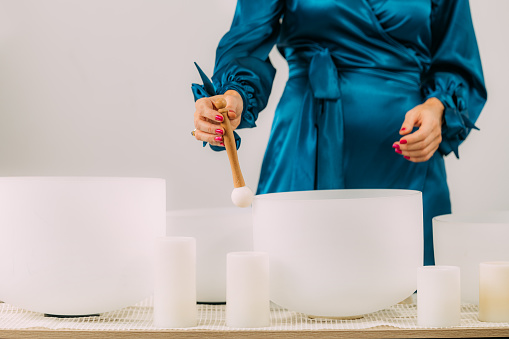Determining a perfect real estate investment is a challenging task. Several crucial yet daunting questions on which type of real estate and the market one should choose are primary details of the decision. For example, should you buy a residential property or a commercial one? Should you invest in a new project or look for a secondary property in an already established location?
There are many factors to consider when investing in the real estate market of Dubai, for instance, the dynamic price differences, market state, etc. Through this guide, you will get a comprehensive view of the market’s primary vs secondary options while investing in Dubai real estate and determine the most suitable choice for you.
What is the primary market?
When a real estate developer sells the newly launched or ongoing housing or commercial units to an investor, a sale is made in the primary market. Usually, builders compose a network of channel partners and brokers for assisting in the marketing and sales of their ongoing or future projects. In simple words, when you invest in a property in the primary market, you pay for it before it’s built and fully transferred to you. And, for the best community in Dubai, you can visit us.
What are the advantages of investing in the Dubai primary market?
-
Lower entry Level
Investing in an ongoing project can be profitable, mainly if it is located at a high-end location. Being one of the first to own the property can get you highly-profitable investments at a lower price.
-
Price negotiation
Many developers allow price negotiations when investing in a future or ongoing project. You can bargain at a lower price, given that you are firmly willing to reserve your unit. This is usually possible because builders get paid for finalising a deal.
-
Latest design
Since upcoming projects adhere to the latest designs and features, you will avail the benefits of modernity. Additionally, many builders allow customisation of the property when the blueprint is still in the making. Investors prefer buying off-plan properties to add more value to their units.
-
Capital appreciation
Capital appreciation is a rise in the investment’s market price. Therefore, investing early on in a project and reselling it later can be very beneficial as the value of a property in a developing area increases with time.
What are the disadvantages of investing in the Dubai primary market?
-
Takes completion time.
Since your property is under construction, the additional costs of time and investments come into the picture. The transfer process takes longer than buying already completed properties.
-
Lower initial rent
If you’re investing in the real estate market for the sole purpose of benefiting from capital appreciation, you might have to wait longer than anticipated. The initial rent of the property might be lower since the location is still under development.
-
Initial furbishing costs
The unit you purchase is often much different in appearance and amenities from the sample shown. That can be a disadvantage as transforming the property into your preferences can cost extra.
What is the secondary market?
Secondary or sub-sale properties formerly owned in already developed locations and residential areas count as the secondary market in real estate. They are presented into the market for rental or vending for subsequent owners. In simpler words, a secondary market consists of saturated primary market properties. Its fundamental function is to promote change in ownership of an existing asset and offer more choices in already established locations.
What are the pros of investing in a secondary market property?
-
Negotiable
Secondary units are typically smaller and sold at lower and negotiable prices. Implying it would be an excellent investment in a property at an established location.
-
Immediate rental return
One of the benefits of investing in a second property is that you can re-sell or put it on rent immediately without waiting for its completion. Additionally, the Dubai real estate market has outstanding characteristics, such as stable rental yields to aid your investment.
-
Established location
Several secondary market real estate projects have historic features, including locations around the city’s main attractions and transportation networks. Hence, modern houses in the primary market are often inferior to the already built housing stock.
What are the drawbacks of investing in a secondary market property?
-
Old design
A secondary property could require a complete transformation of features before you can upgrade its value for a re-sale. Updation of the property costs time and money.
-
Repair / Maintenance
Since secondary properties are pre-existing and were made according to former advancements, there might be additional property maintenance costs. Dealing with concerns such as faulty electrical wirings and outdated security systems can be a task.
-
Possibility of lower attraction
Many investors prefer newly established properties owing to their up-to-date features and novel designs. That can be presented as a drawback in secondary locations.
Conclusion
While it is essential to evaluate whether to invest in primary and secondary markets in Dubai real estate, making a decision based only on this categorization is incorrect. Factors including developer investment, mortgage offers, liquidity, amongst many others, play a crucial role in the decision. Also, you can check out some of the best apartments for sale in Jumeirah Village Triangle.
Many investors unfamiliar with the Dubai real estate market might believe that newer properties and projects would be better investments due to intensive marketing and attractive advertising. However, if you are a beginner, investing in the primary market might not be the ideal choice. Because, as compared to the secondary market, primary properties are highly competitive, expensive, and hold greater volatility in times of recession.
Moreover, despite the secondary market having several upsides, investors must consider potential risks and conduct proper market analysis before deciding.





